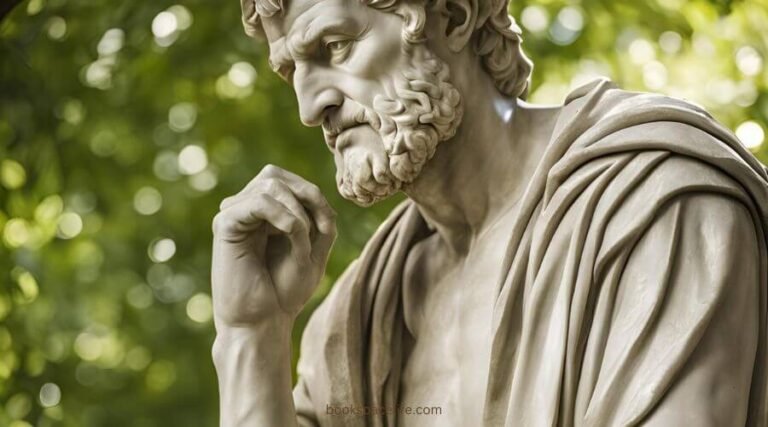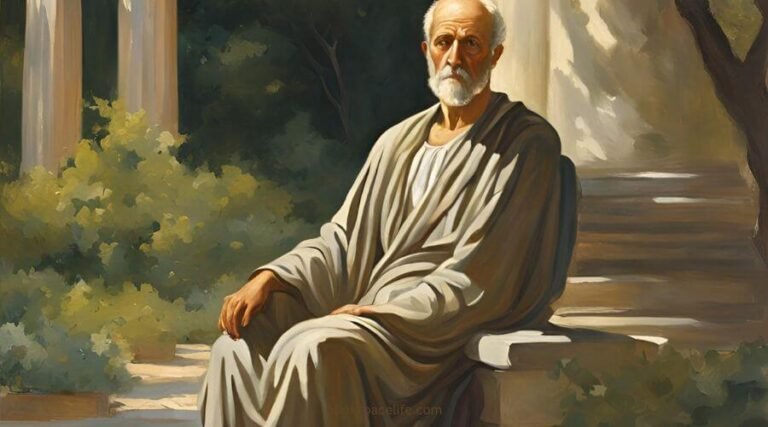
Ancient Greek Philosophy
Ancient Greek Philosophy - The Greek Philosophical thought began in the 6th century BCE and continued to the 6th century CE.
The Ancient Greek Philosophers applied reason, logic, and evidence to explain the world. They started moving away from the traditional mythological and superstitious approach to life.














